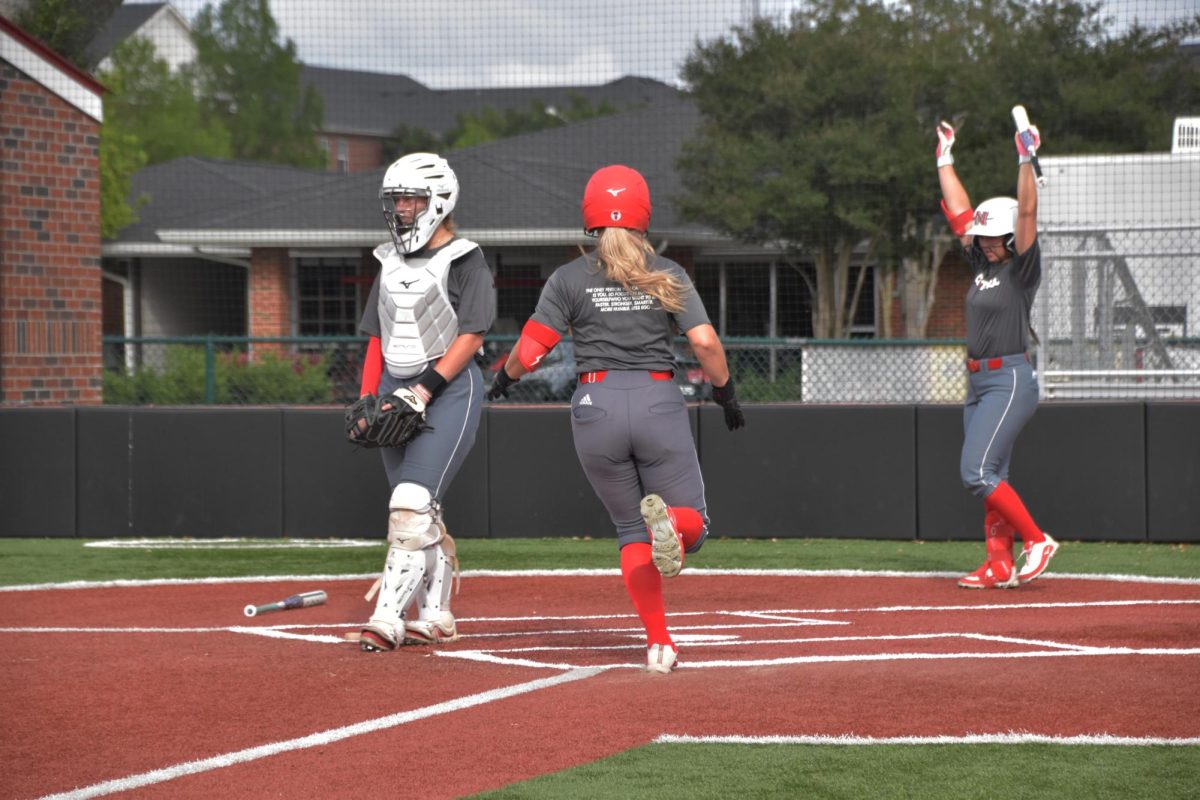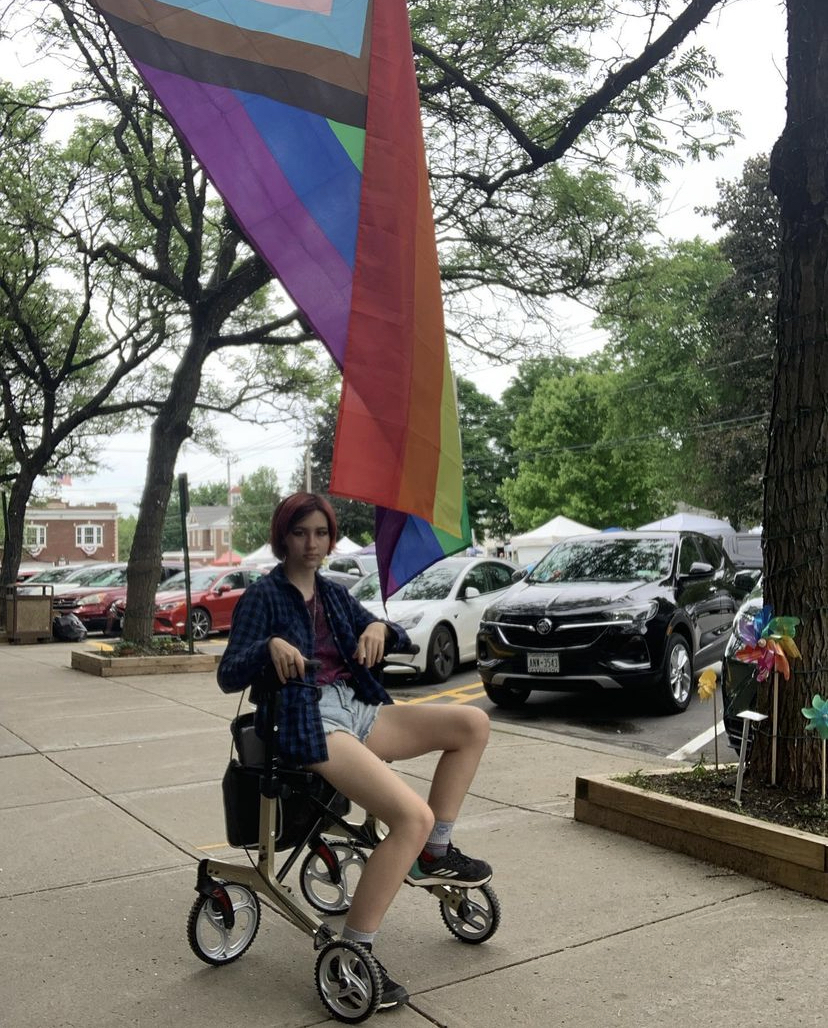Scientists are testing prescription nonsteroidal anti-inflammatory drugs (NSAIDs) such as ibuprofen and Aspirin to see if they can help fight against multiple types of skin cancer.
Testing of NSAIDs and Aspirin to help prevent cancer is in the early stages of testing.
According to a study done by Sigrun Alba Johannesdottir at Aarhus University Hospital in Denmark suggests that for people that refilled NSAID and aspirin from 1991 to 2009 are 15 percent less likely to develop skin cancer and 13 percent less likely to develop melanoma. The test had approximately 200,000 participants, who took two or more pills a day. The conclusion of the test indicated that NSAID use may decrease the risk of Squamous Cell Carcinoma and Malignant Melanoma, but had no effect on Basal Cell Carcinoma. The findings were published in the May 29, 2012 issue of the American Cancer Society’s journal.
There are some side effects and precautions to taking aspirin. Any person should consult a doctor before taking any medicines.
Some side effects of aspirin as stated on Webmd.com are upset stomach and heartburn, easy bruising/bleeding and difficulty hearing. There are also some medical conditions that should be talked over with a doctor before the use of aspirin is used.
According to skincancer.org, “skin cancer is the most common form of cancer in the United States. Over two million people are diagnosed annually.”
The site says, there are three forms of skin cancer: Basal Cell Carcinoma, which is the most common, Squamous Cell Carcinoma, which is the second most common form, and Malignant Melanoma the most dangerous form of skin cancer.
According to skincancer.org, Basal Cell Carcinoma is the most frequently occurring form of skin cancer. Basal Cell Carcinoma lesions look like open sores and line the outermost layer of the skin.
Squamous Cell Carcinoma is found on the epidermis and can look like open sores and warts.
Malignant Melanoma occurs from ultraviolet radiation and tanning beds. Malignant melanoma tumors occur in the inner most layer of the epidermis and usually resemble moles. If Malignant Melanoma is caught early enough, it is almost curable, but if it is left to grow, it can spread to other parts of the body and become fatal.
Skincancer.org says, Actinic Keratosis are growths that form due to damage from the sun’s ultraviolet rays. Actinic Keratosis appears on sun-exposed parts such as the face, bald scalp, lips and back of hands. Actinic Keratosis resembles warts and is elevated and rough. If Actinic Keratosis goes untreated it can turn into Squamous Cell Carcinoma.
Skincancer.org says, “One in five Americans will develop skin cancer in the course of a lifetime. Between 40 and 50 percent of Americans who live to age 65 will have either Basal Cell Carcinoma or Squamous Cell Carcinoma at least once.”
Skincancer.org says, “Ten minutes in a sunbed matches the cancer-causing effects of ten minutes in the Mediterranean summer sun. People who use tanning beds are 2.5 times more likely to develop Squamous Cell Carcinoma and 1.5 times more likely to develop Basal Cell Carcinoma.”
As stated in a collegenews.com article, “These are very preliminary studies,” Dr. Yinfa Ma, professor of Chemistry at Missouri University of Science and Technology said. In other words, he advises not to dispose of the sunscreen yet.
A Food and Drug Administration 2011 press release states sunscreens labeled broad spectrum and SPF 15 or higher, if used correctly and with other protective measures, can reduce the risk of skin cancer and early skin aging. Any product not labeled broad spectrum or broad spectrum with an SPF between two and 14 will have a warning saying that the product has not been shown to help prevent skin cancer or early skin aging.
For more information on the types of skin cancer, precautions and symptoms visit skincancer.org.












